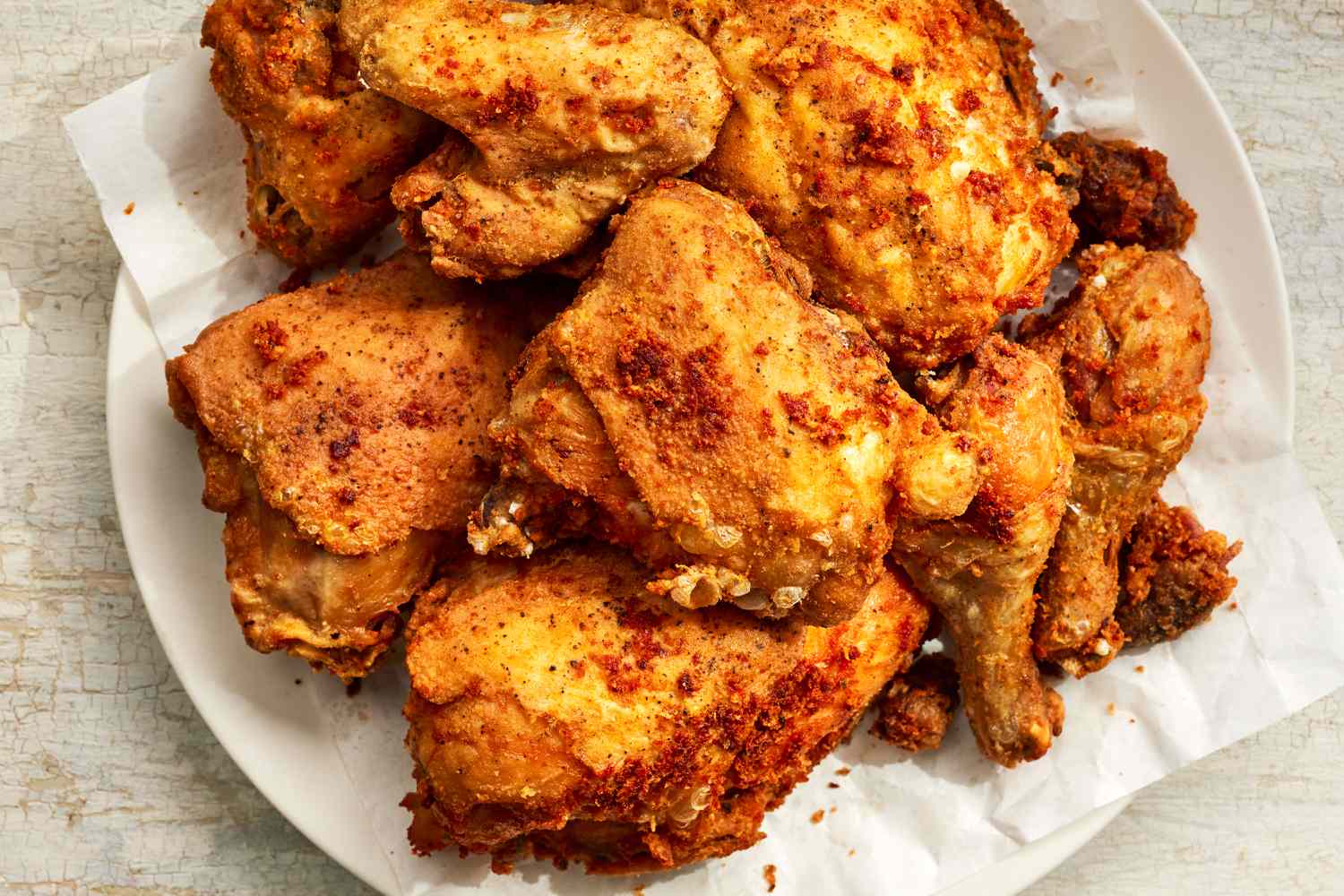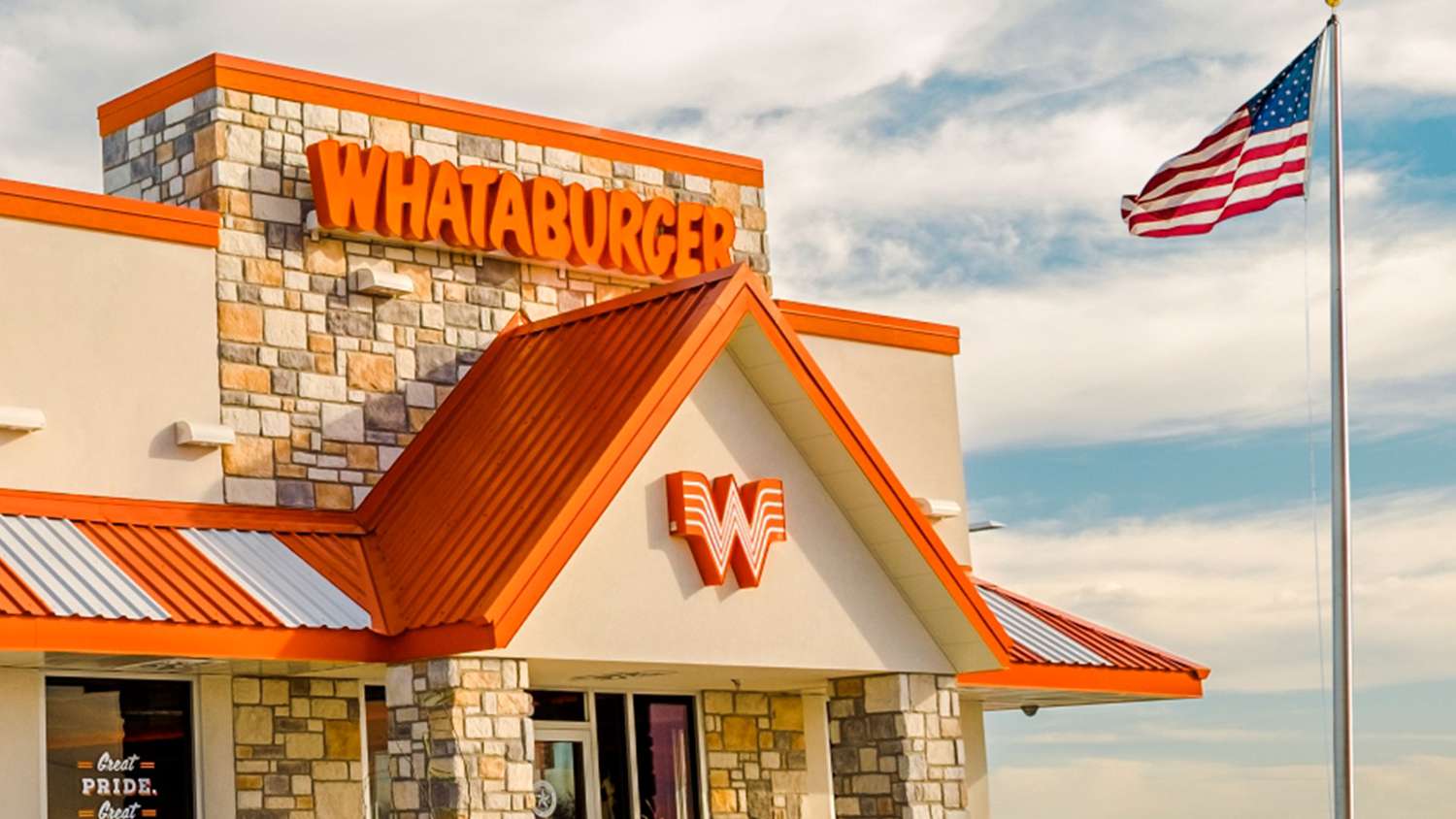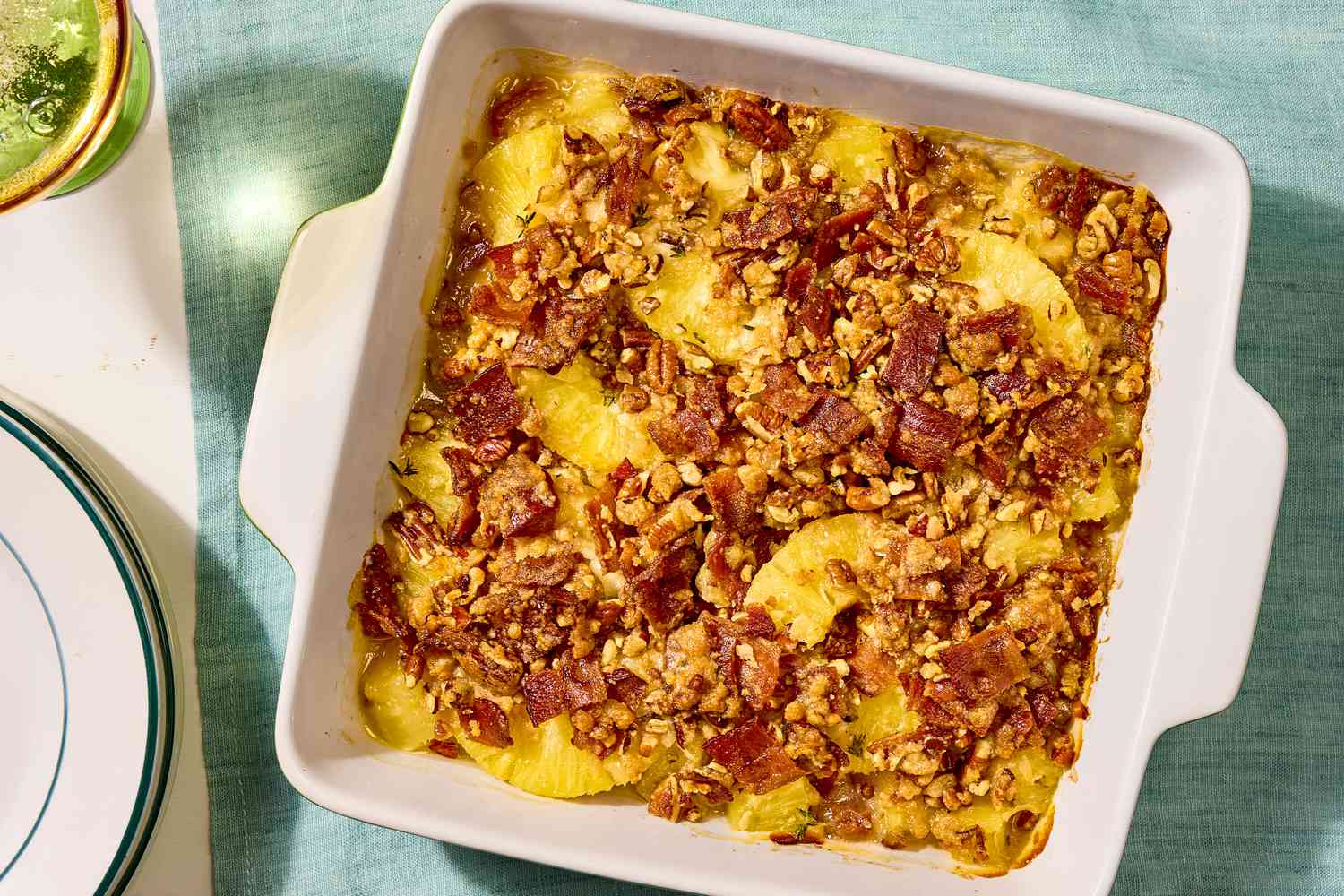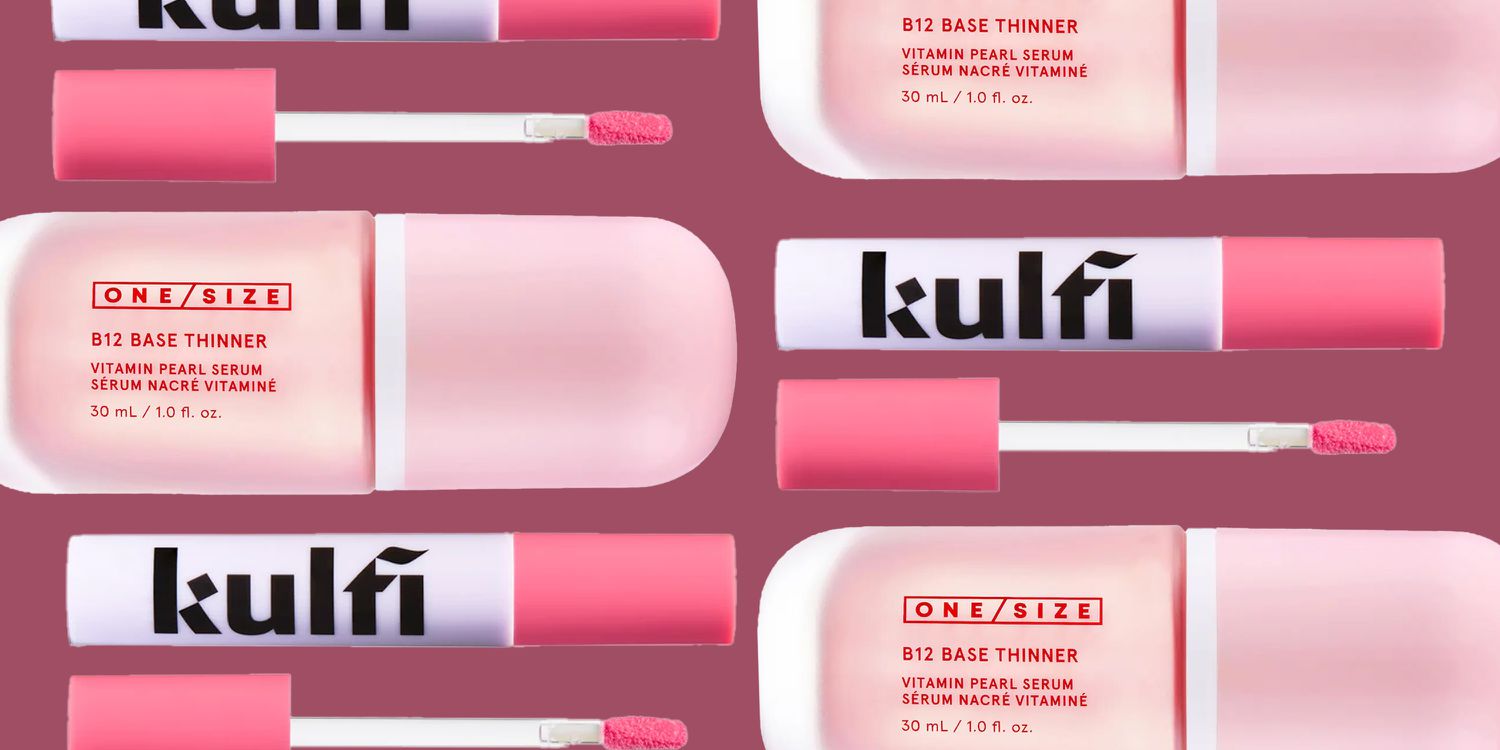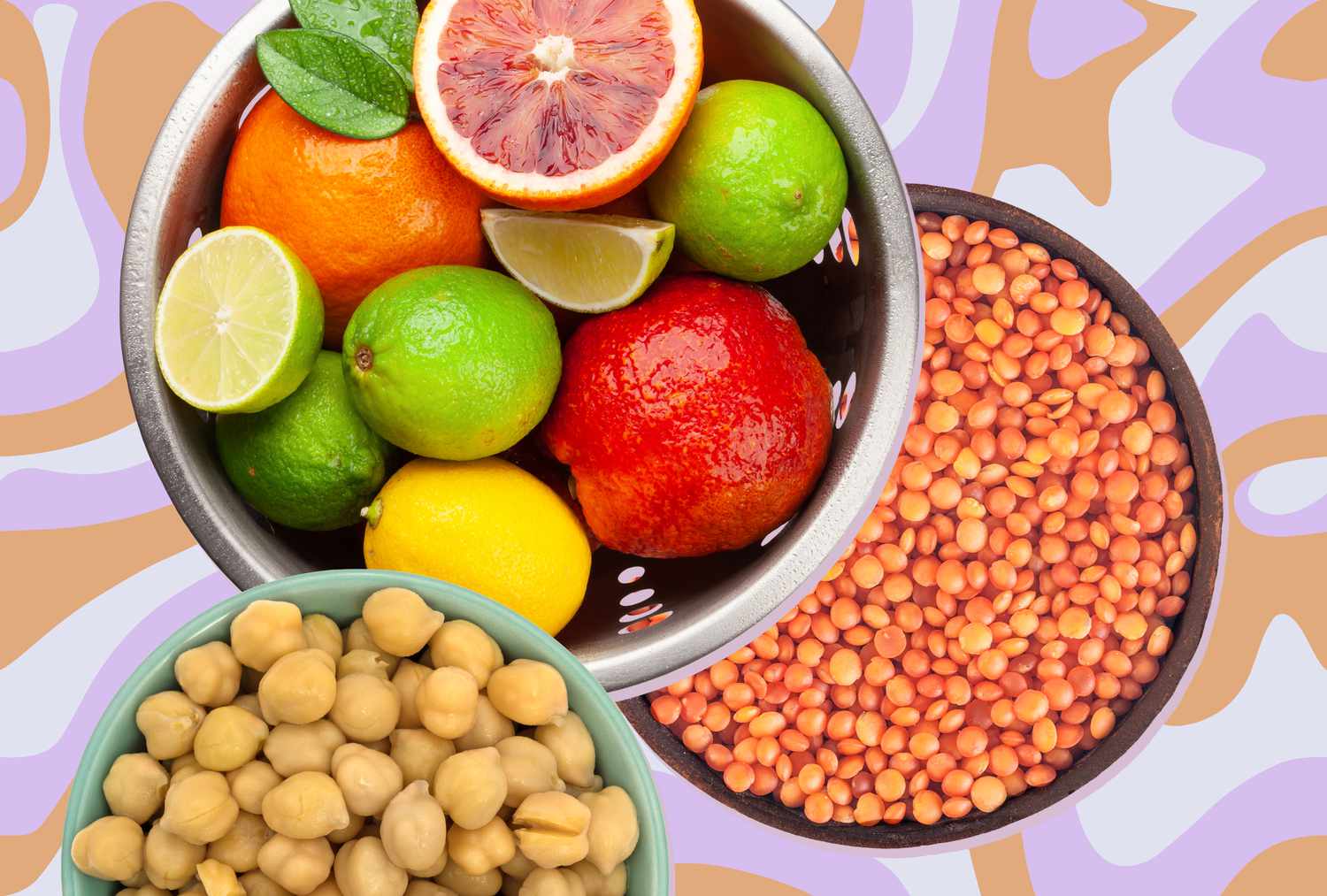
The 5 Best Foods to Eat to Prevent Kidney Stones, According to Expert
Key Takeaways
- Kidney stones form when crystal-forming substances build up in the urine.
- Yogurt, kefir, oranges, veggies and chickpeas may help prevent kidney stones.
- Drinking plenty of water is also essential for kidney stone prevention.
Roughly one in 10 people will have kidney stones in their lifetime. And, according to the National Kidney Foundation, those numbers are on the rise.
These painful stones form when crystal-forming substances, such as oxalate, uric acid or calcium, build up in the urine. This may be due to genetics or health conditions like diabetes, gout, urinary tract infections, high blood pressure or even dehydration. No matter what the cause, as anyone who’s ever had kidney stones will tell you, they can cause intense pain.
Now, the good news. There are things that you can do to prevent kidney stones. The first and most important is drinking plenty of water. The other is eating certain foods that create an environment that discourages the formation of these stones in the first place. “In general, a diet rich in citrate, low in salt and oxalate is the best way to prevent kidney stones,” says nephrologist Raeeda Gheewala, M.D., the founder and CEO of Sports Nephrology.
What are the best foods to get the job done? To find out, we spoke with kidney health experts. Here’s what they told us, plus their top tips to prevent kidney stones.
1. Yogurt
The most common kind of kidney stones are called calcium oxalate stones. These stones form when calcium mixes with a crystal-forming substance called oxalate in the urine. Although it may seem counterintuitive, eating more calcium can actually help prevent these stones. “The calcium binds to oxalates in the stomach, which then prevent oxalate from being absorbed into the blood and going through the kidneys,” says Jen Hernandez, RDN, CSR, LDN, a renal dietitian and founder of Plant-Powered Kidneys.
That’s why incorporating three daily servings of calcium-rich foods, like yogurt, into meals and snacks is a good move for kidney stone prevention. This is especially true if you eat lots of oxalate-rich foods like spinach, almonds, beets, bran or navy beans. If you’re wondering about calcium supplements, research suggests these may actually cause kidney stones. So, stick with calcium-rich foods instead.
2. Kefir
Kefir is another calcium-filled food that may help protect against kidney stones. As a bonus, it’s full of probiotics to support gut health. That, in turn, may indirectly guard against kidney stones. In fact, emerging research suggests that an unbalanced gut microbiome may increase your odds of developing kidney stones. How so? “The bacteria that live in your intestines can help reduce oxalate absorption, as well as help reduce inflammation in your kidneys, which may lead to kidney stone formation,” says Melanie Betz, M.S., RD, CSR, a registered dietitian specializing in kidney stone prevention.
If you’ve never tried kefir, it’s a delicious base for smoothies. However, the fruit you blend it with matters. While berries are usually a great choice for smoothies, you’ll want to steer clear as they can be high in oxalates. Instead, go with low-oxalate bananas, peaches or mangos.
3. Oranges
Citrus fruits, like oranges, are rich in a helpful compound called citrate. It works by reducing the pH of the urine, creating an unfavorable environment for kidney stone formation, explains Hernandez. However, not all citrus fruits are equally effective. For instance, one study found that orange juice–and, to a lesser degree, lemon juice–were protective. Surprisingly, grapefruit juice actually raised the risk of kidney stones. As helpful as orange juice may be, it’s also high in sugar, so think moderation. Or eat an orange instead. You’ll get citrate plus fiber!
4. Veggies
Veggies and other plant foods on this list help add fiber to your diet. What does that have to do with kidney stones? While fiber may be best known for its role in digestive health, one of the many benefits of fiber is lowering kidney stone risk. “A 2024 study found that for every 5 grams of fiber you eat, you can lower your risk of kidney stones by 10%,” says Betz.
Although veggies can be high in oxalates, Betz and Hernandez say that the benefits usually outweigh the risks. “Fruits and vegetables help balance urine acid levels and increase urine citrate, which can help prevent calcium kidney stones,” says Betz. Plus, research shows that veggie-rich eating patterns like the DASH diet and Mediterranean diet are linked to lower rates of kidney stones., However, if you’re especially prone to oxalate stones, you’ll want to steer clear of high-oxalate spinach, sweet potatoes, beets, Swiss chard and watercress.
5. Chickpeas and Lentils
“Swapping in some whole plant protein foods in place of animal proteins such as beef, pork, chicken, fish and seafood can also help prevent kidney stones,” says Betz. Why? Animal proteins tend to be high in compounds called purines, which can increase kidney stone risk. Chickpeas can help you meet your protein needs without all the purines. Their fiber also benefits your gut microbiome. As a bonus, chickpeas are lower in oxalates than other legumes, making them a great way to incorporate plant protein.
Chickpeas aren’t the only food to bump up your plant protein intake. Lentils can also help. These tiny pulses are rich in plant protein yet low in purines and oxalates. Like chickpeas, they’re also high in fiber to support a healthy gut microbiome.
Other Strategies to Prevent Kidney Stones
- Drink plenty of water. Betz and Gheewala say this is the single most effective way to prevent kidney stones. “The only fluids associated with a higher risk of kidney stones are cola and sugary drinks like juice, sweet tea or punch,” says Betz. So load up on water. If you’re a coffee or tea drinker, you’ll be happy to hear that unsweetened coffee and tea also contribute fluids. Hernandez recommends aiming for 2.5 to 3 liters of fluid throughout the day. For a little citric acid boost, add a squeeze of lemon or lime to your water.
- Limit non-dairy animal protein. Purine-rich foods, like meat, poultry, fish and organ meats, are the most important foods to avoid for kidney stone prevention, says Gheewala. That’s because purines can increase the production of a substance called monosodium urate, which can cause uric acid kidney stones. Leaning on plant proteins and dairy can supply the protein you need minus troublesome purines.
- Be careful with high-oxalate foods. “Foods high in oxalate, such as spinach, almonds, rhubarb and chocolate, result in oxalate binding to calcium in the urine forming calcium oxalate stones,” says Gheewala. That said, being overly restrictive with oxalates has fallen out of favor among many kidney experts, given the other nutrients healthy foods like fruits, veggies, nuts and legumes provide. However, you may need to be more strict about limiting oxalates if your urine tests reveal high oxalate levels.
- Steer clear of added sugars and sodium. Excessive added sugars and sodium can increase your risk of developing kidney stones. Research shows that people who get less than 5% of their total calories from added sugars have a significantly lower risk of kidney stones than those who consume 25% of their calories as added sugars. As for salt, Gheewala recommends curtailing sodium intake to no more than 2,000 milligrams per day, especially from processed foods. “It’s one of the best ways to reduce your risk of kidney stones,” she says.
The Bottom Line
Kidney stones are painful! The good news is that foods like yogurt, kefir, oranges, veggies, chickpeas and lentils may help prevent them. These foods contain protective nutrients, like calcium, fiber, probiotics, citrate and plant protein, that may keep kidney stones at bay. However, kidney stone prevention isn’t only about what you eat. Drinking plenty of water is the best thing you can do to guard against kidney stones.
That said, there are several different kinds of kidney stones, meaning there’s not always a one-size-fits-all kidney stone diet. To find the best foods for your unique needs, speak with your doctor, who can help you develop a personalized plan to prevent those bothersome stones.





